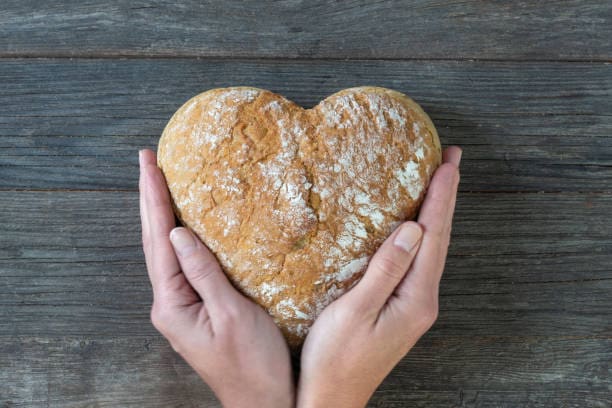You may think you know bread. You may think you’ve seen it all—bagels in New York, baguettes in Paris, naan in Delhi. But until you’ve had lunch with a Croatian family, you haven’t seen bread at its full, glorious potential.
Because in Croatia, bread isn’t a side dish. It’s a lifestyle.
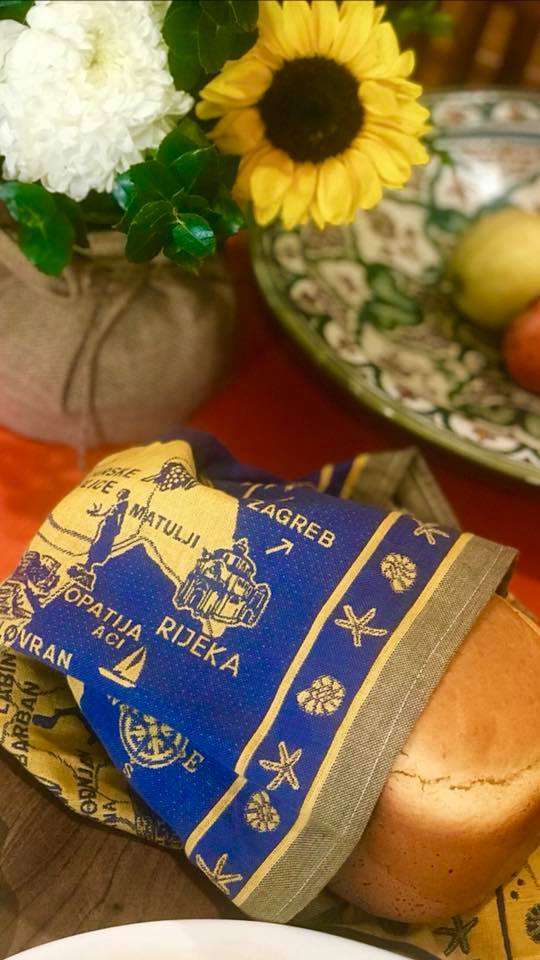
“Do We Have Bread?” – The National Slogan
No matter what’s being served—soup, stew, pasta, salad, fish, eggs, even potatoes—there is always one inevitable question echoing through Croatian kitchens:
“Imamo li kruha?” (Do we have bread?)
And heaven help us all if the answer is no. A mild panic sets in. Someone will put on shoes mid-meal and head to the local pekara (bakery). Because eating without bread is chaos, lawlessness and that’s not how baka raised us.
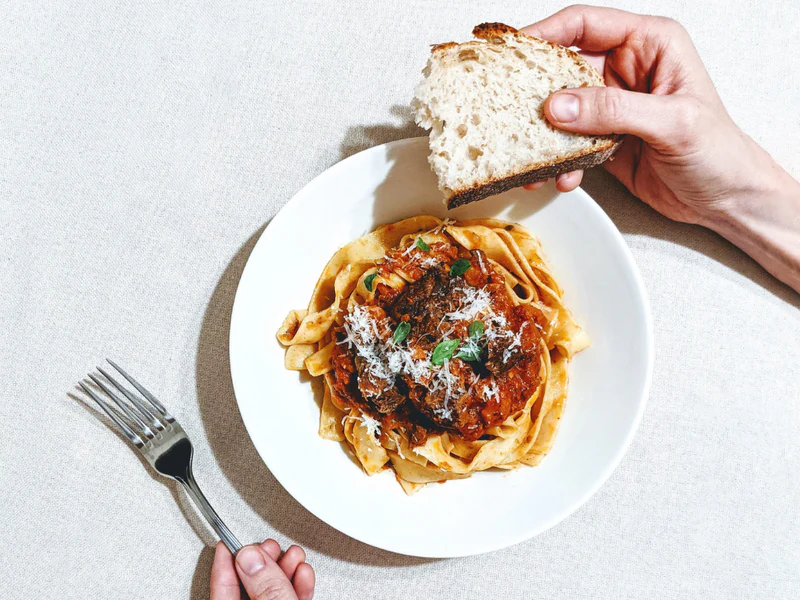
Bread with Soup? Naturally. With Beans? Of course.
With Rice? Don’t ask silly questions.
With Pasta? You bet your gnocchi it’s happening.
Yes, Croatians eat bread with pasta. Why? Because you have to mop up the sauce. That’s not wasteful—it’s efficiency, sustainability and flavour conservation. It’s also why Croatian grandmothers serve soup with two slices of bread and a look that says, “Eat properly, or else.”
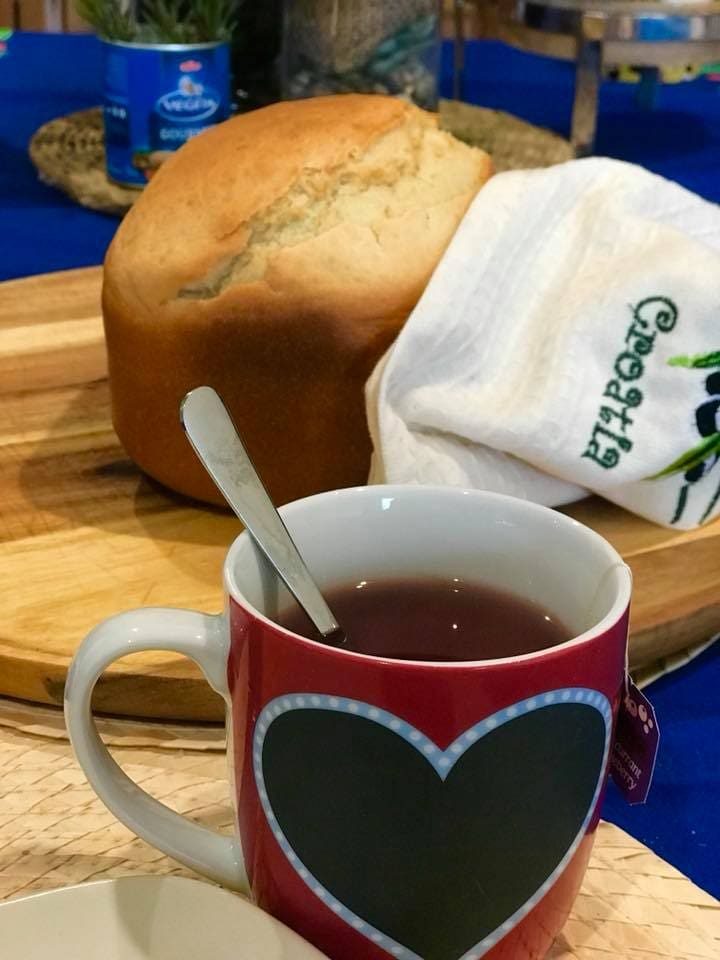
Bread Is a Utensil
Don’t have a fork handy? Rip off a piece of bread, it’s the original edible spoon. Can’t get the last bit of ajvar out of the jar? Bread. Need to scoop up some pašticada sauce from the plate without licking it like an animal? Bread. Need to sneak a bite of stew when no one’s looking? Bread—silent, reliable, loyal.
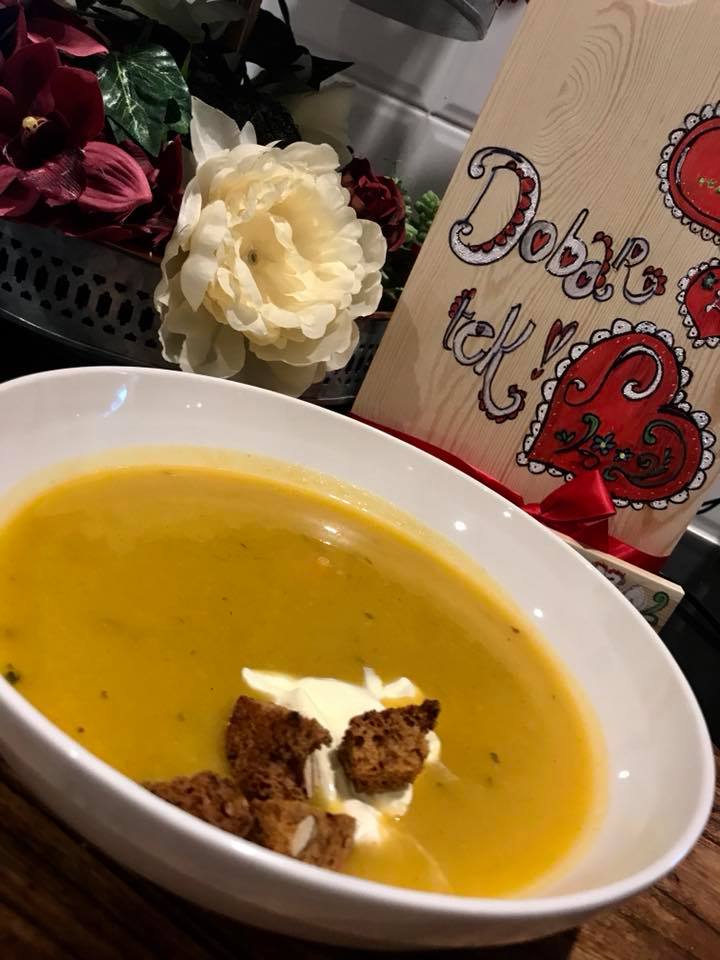
Bread Is the Peacemaker
Bread has also played an important diplomatic role in Croatian families. When tensions rise—over politics, sports, or who makes the best sarma—passing the bread basket is a symbolic gesture of peace. No one argues when their mouth is full of fresh, crusty bread.
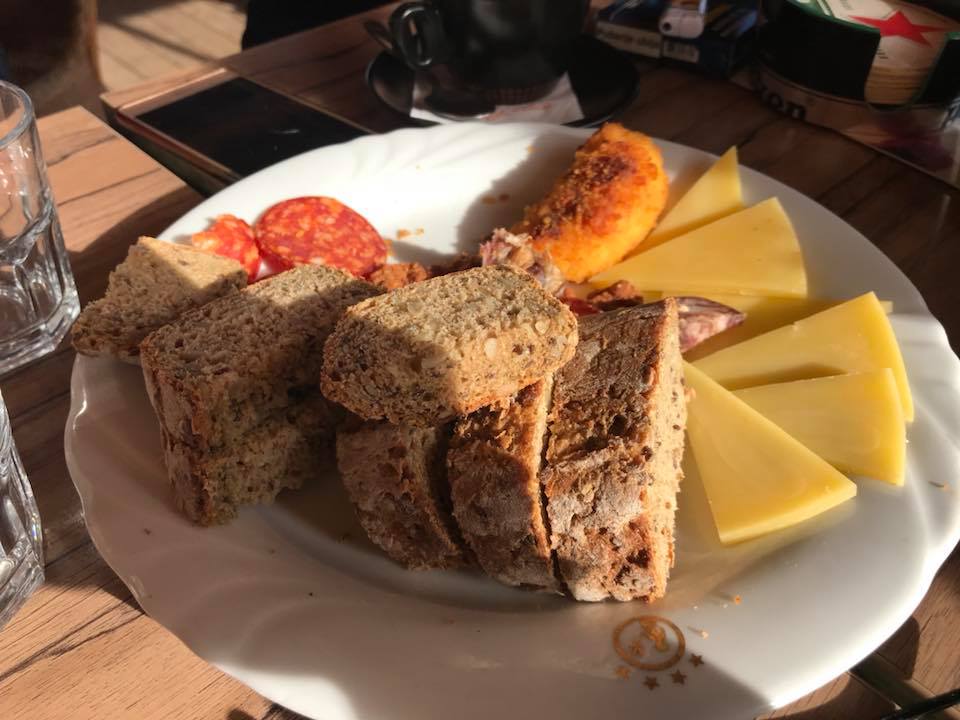
This is the ultimate Croatian emergency protocol!
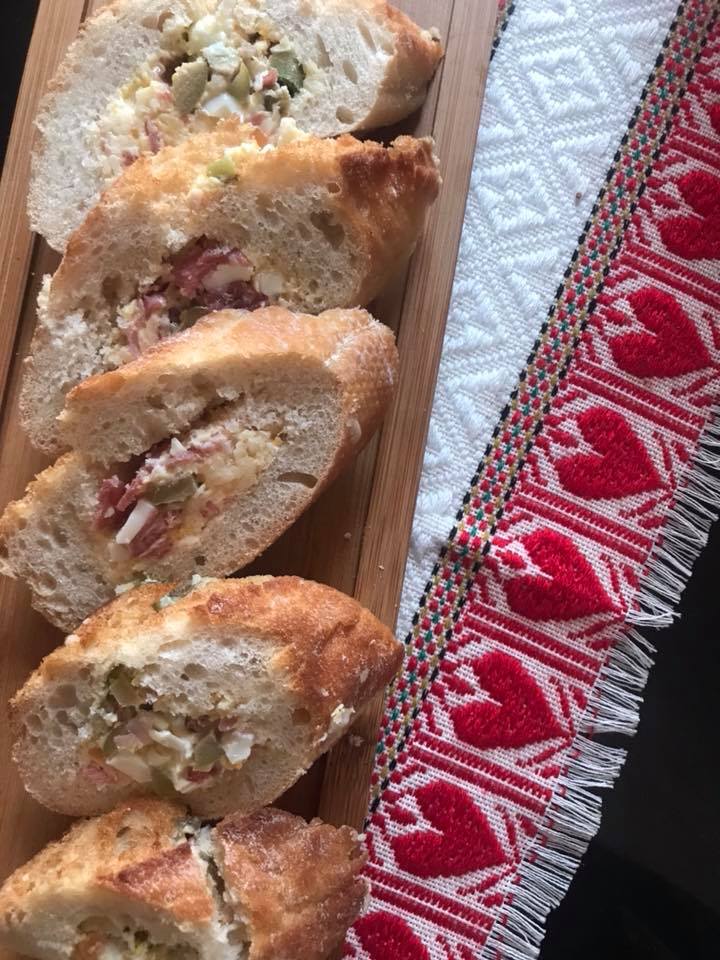
Types of Bread? Yes, But Also… No.
Sure, we love kruh iz krušne peći (wood-fired bread), lepinja, pogača, cornbread, or even toast from yesterday reheated in a pan. But we don’t stress too much about variety. Any type will do—as long as it exists.
The nightmare scenario? Being served a beautiful Croatian meal and realising there’s no bread on the table. That’s when the real drama starts. You’ll see uncles pacing, aunties muttering prayers, and someone whispering, “This wouldn’t have happened if baka were here.”
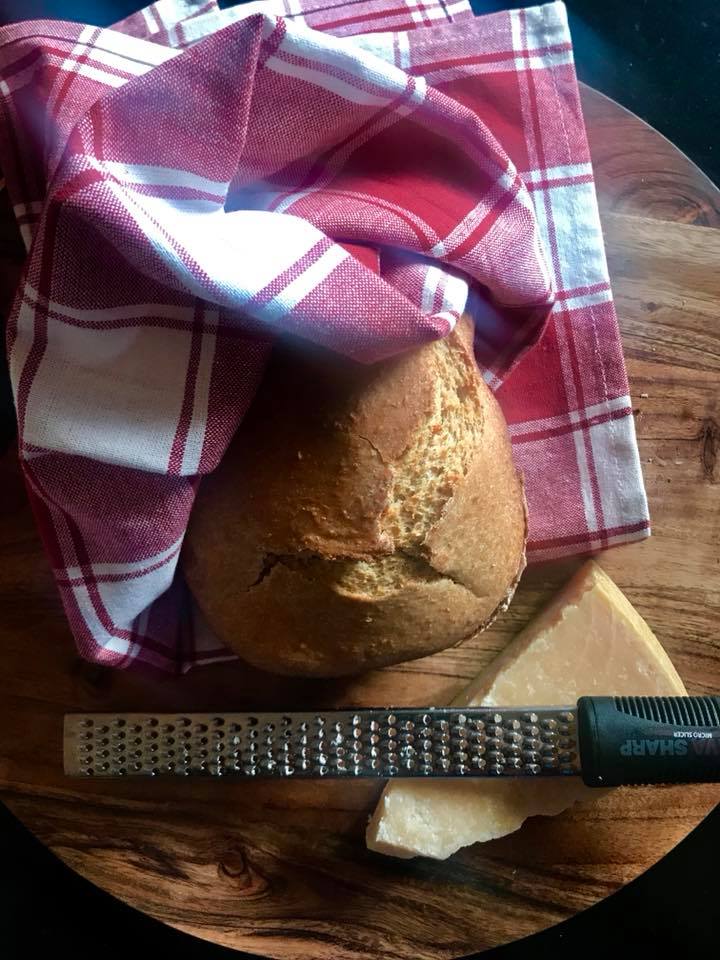
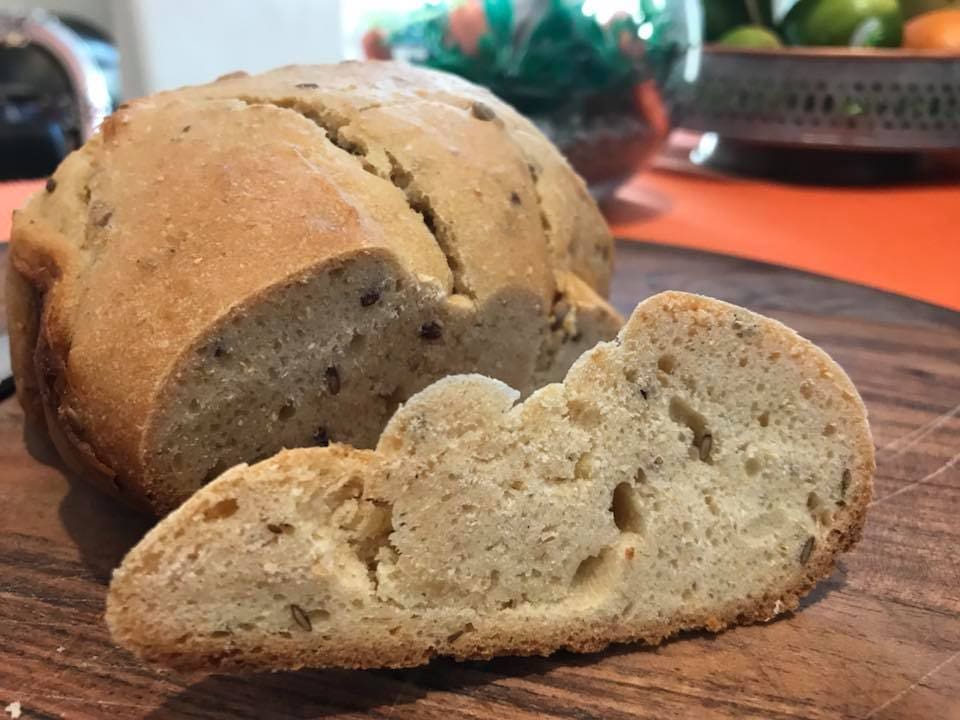
Pro Tip: There’s Always Extra in the Freezer
Every Croatian household has an emergency loaf stashed in the freezer. It’s been there since 2009. It’s freezer-burned. It may or may not be older than your youngest cousin. But it exists for a reason—because a home without ‘kruh’ is not a home, it’s just four walls and shame.

It’s more than just food
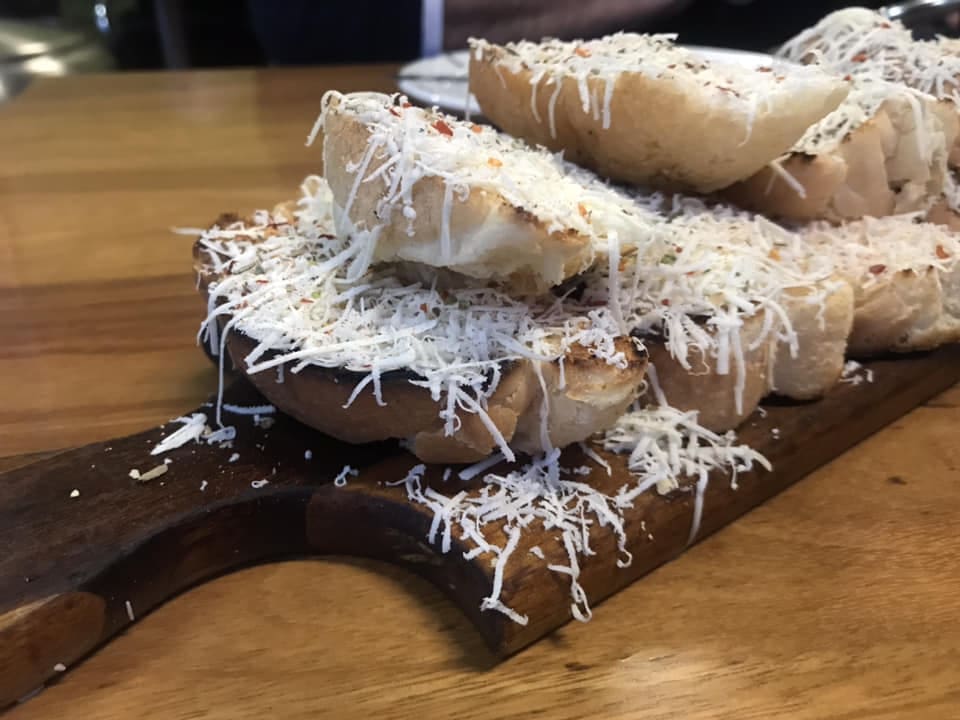
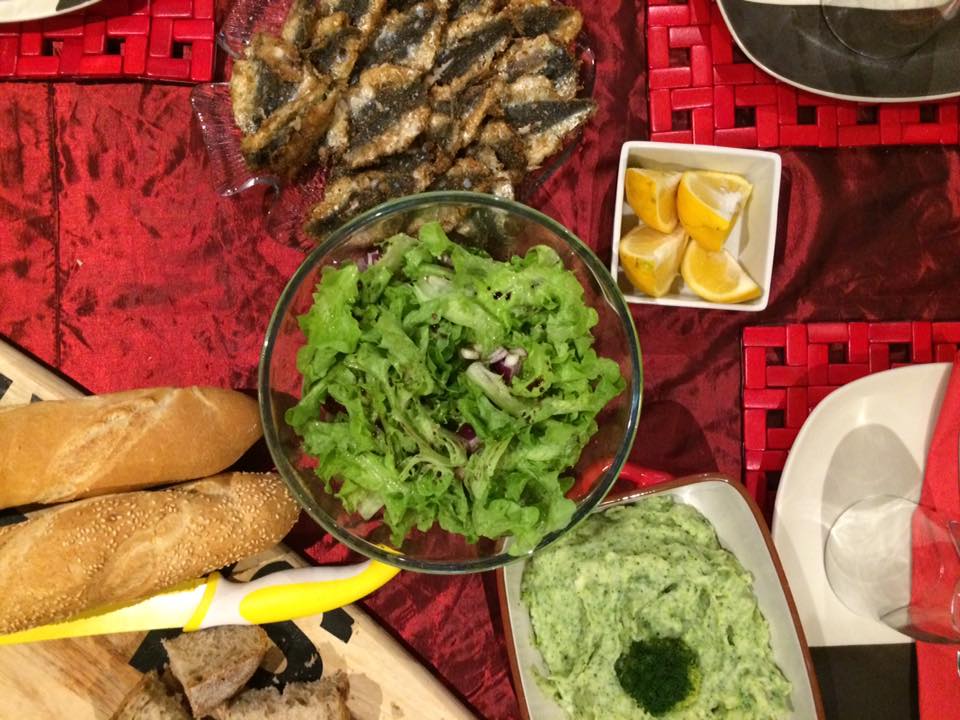
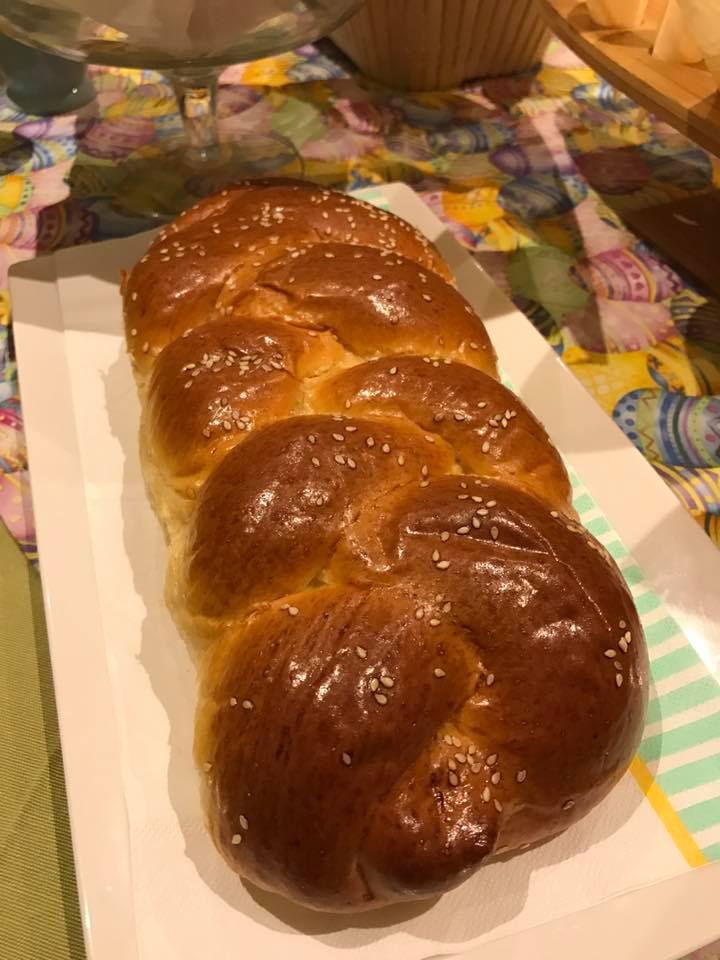
For Croatians, bread is sacred. It’s a symbol of hospitality, comfort, tradition, and survival. Used also to bless the house, feed the chickens, and wipe every last trace of flavour from your plate. It’s the humble hero of the Croatian table.
So next time you’re sitting down to a meal and someone asks, “You’re not going to eat bread with that, are you?”—you look them in the eye, tear a slice in half, and say:
“I’m Croatian. Of course I am.”
Long live kruh. With everything. Always. Even with watermelon. (Yes, really.)
Classic Croatian Homemade Bread (Kruh)
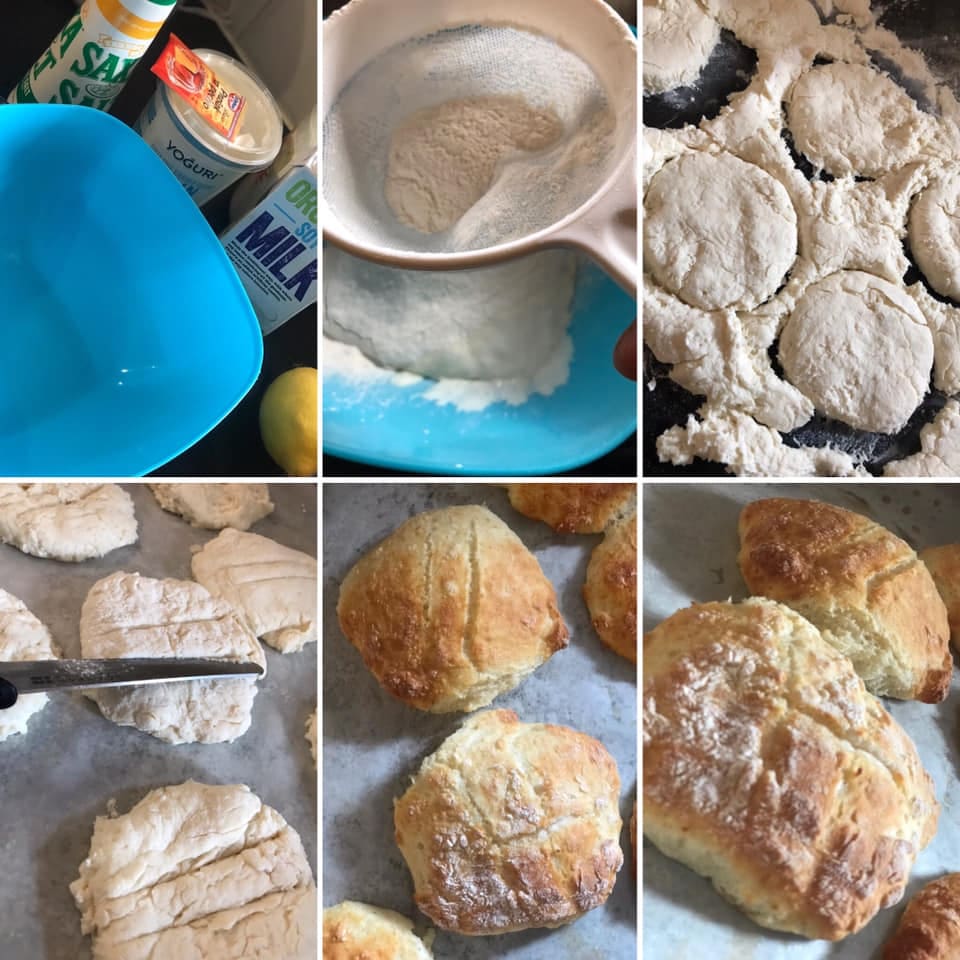
This traditional Croatian bread recipe produces a hearty, crusty loaf with a soft interior – perfect for everyday meals or special occasions.
Ingredients
Ingredients
- 500g (4 cups) all-purpose flour
- 300ml (1¼ cups) warm water
- 7g (1 packet) active dry yeast
- 1 teaspoon sugar
- 1 teaspoon salt
- 2 tablespoons olive oil or vegetable oil
- 1 egg (for egg wash, optional)
- Sesame seeds or caraway seeds (optional, for topping)
Instructions
1. Activate the Yeast
- In a small bowl, combine warm water (around 37°C/98°F), sugar, and yeast
- Stir gently and let sit for 5-10 minutes until foamy and bubbly
2. Make the Dough
- In a large mixing bowl, combine flour and salt
- Make a well in the center and pour in the activated yeast mixture and oil
- Mix until a shaggy dough forms
- Turn onto a floured surface and knead for 8-10 minutes until smooth and elastic
3. First Rise
- Place dough in a lightly oiled bowl, turning to coat all sides
- Cover with a damp cloth or plastic wrap
- Let rise in a warm place for 1-1.5 hours until doubled in size
4. Shape the Bread
- Punch down the dough and turn onto a lightly floured surface
- Shape into a round loaf (traditional Croatian style) or oval shape
- Place on a parchment-lined baking sheet or in a greased loaf pan
5. Second Rise
- Cover loosely with a cloth
- Let rise for 30-45 minutes until puffy
6. Prepare for Baking
- Preheat oven to 220°C (425°F)
- If desired, brush top with beaten egg for a golden crust
- Sprinkle with sesame or caraway seeds
- Score the top with a sharp knife in a cross pattern or several diagonal slashes
7. Bake
- Bake for 30-35 minutes until golden brown
- The bread is done when it sounds hollow when tapped on the bottom
- Internal temperature should reach 90°C (190°F)
8. Cool
- Remove from oven and let cool on a wire rack for at least 30 minutes before slicing
Traditional Croatian Tips
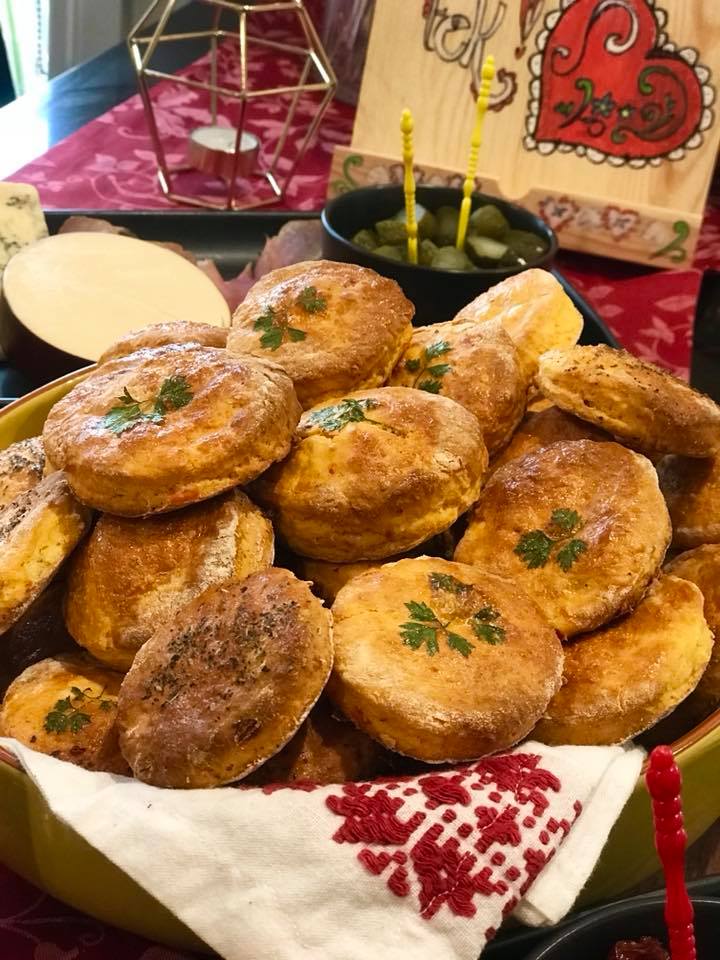
- Many Croatian families add a handful of sunflower seeds or pumpkin seeds to the dough for extra flavor and texture
- Some regions prefer a slightly denser bread – reduce water by 2-3 tablespoons for a firmer crumb
- This bread keeps well for 3-4 days wrapped in a clean kitchen towel
- Serve with Croatian cheese, prosciutto, or simply with butter and homemade jam
Variations
Whole Wheat Croatian Bread: Replace half the all-purpose flour with whole wheat flour and add an extra 2-3 tablespoons of water.
Herb Bread: Add 1 teaspoon dried rosemary or oregano to the flour mixture.
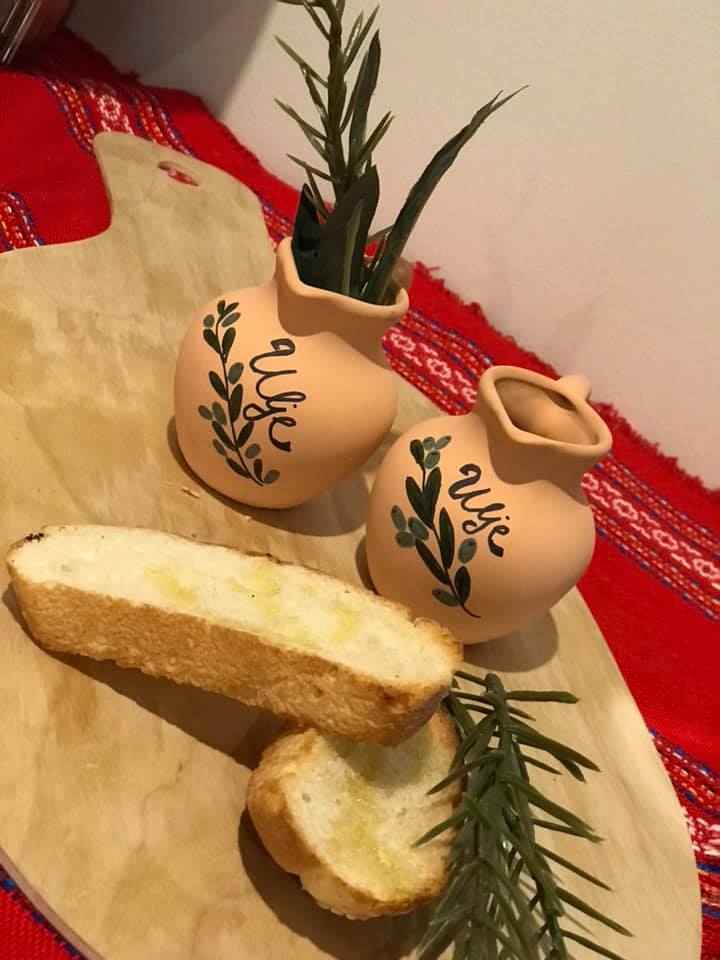
See related article: Weekly recipe: Homemade Bread

